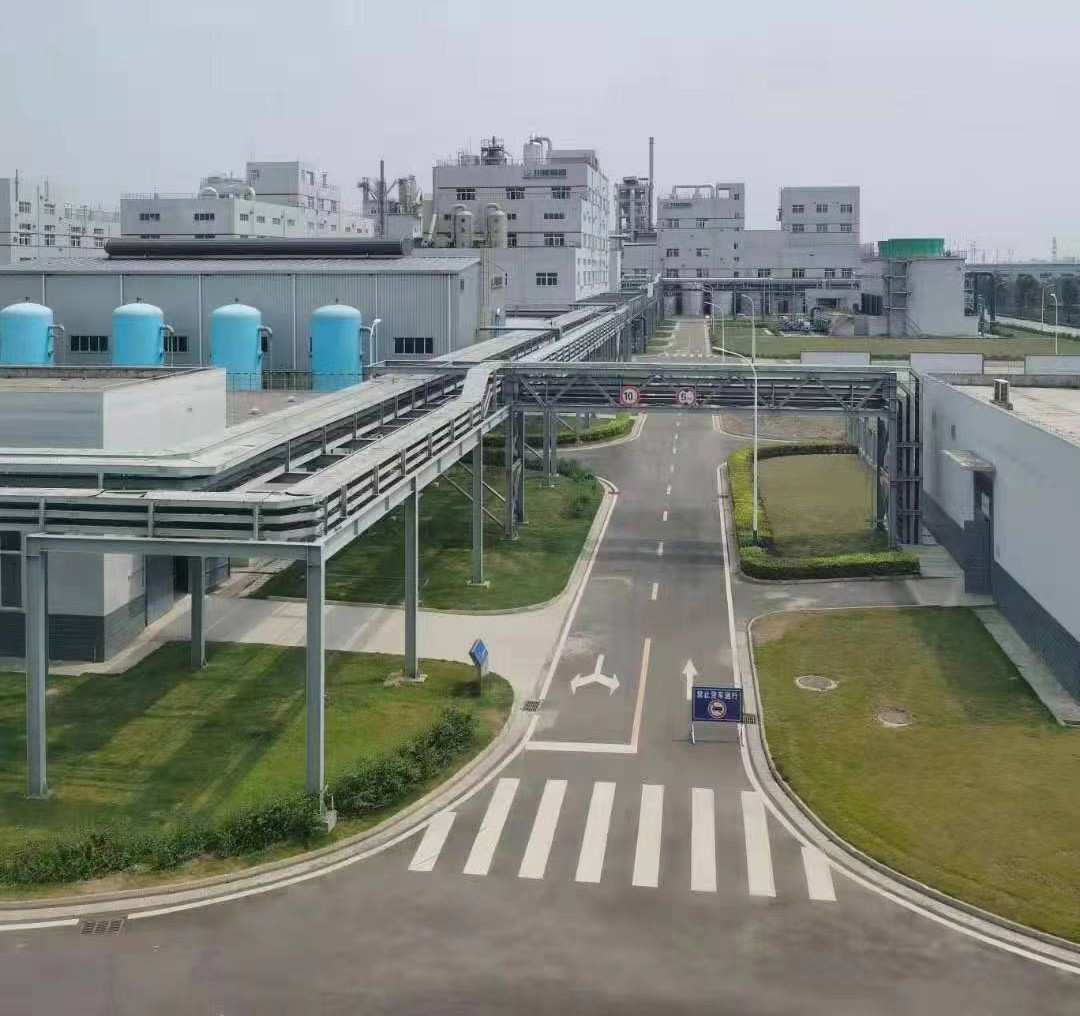Lithium sulfate (CAS: 10377-48-7) is an important inorganic compound
Aug,14,24
Lithium sulfate (CAS: 10377-48-7), as an important inorganic compound, has a wide range of applications in chemical, pharmaceutical,
glass and ceramic fields. This article will explore in detail the chemical properties, preparation methods,
application fields, and future development trends of lithium sulfate.
1、 Chemical properties of lithium sulfate
Lithium sulfate is a colorless and transparent crystal with the chemical formula Li ₂ SO ₄ and a molecular weight of 109.94.
It is soluble in water, slightly soluble in alcohol, and insoluble in acetone.
The aqueous solution of lithium sulfate is neutral and has high thermal and chemical stability.
At high temperatures, lithium sulfate can decompose to produce sulfur dioxide and lithium oxide.
In addition, lithium sulfate also has strong reducing and oxidizing properties, and can react with various metal ions to form corresponding lithium salts.
2、 Preparation method of lithium sulfate
The preparation methods of lithium sulfate mainly include the following:
1. Sulfuric acid method: Reacting lithium carbonate or lithium hydroxide with sulfuric acid to produce lithium sulfate.
This method is simple and easy to implement, with readily available raw materials, but the generated waste acid needs to be treated.
2. Hydrogen sulfate method: Reacting lithium carbonate or lithium hydroxide with hydrogen sulfate to produce lithium sulfate and corresponding acid salts.
This method can control the reaction rate and reduce energy consumption, but the equipment investment is relatively high.
3. Lithium pyroxene method: Using lithium pyroxene (mainly composed of α - lithium aluminum silicate) to react
with sulfuric acid at high temperature to produce lithium sulfate and aluminum sulfate.
This method has abundant raw materials, but the process is complex and energy consumption is high.
3、 Application areas of lithium sulfate
Lithium sulfate, as an important inorganic compound, has a wide range of applications in multiple fields:
1. Chemical industry: Lithium sulfate is an important raw material for preparing other lithium salts, such as lithium carbonate, lithium hydroxide, etc.
These lithium salts are widely used in industries such as ceramics, glass, and ceramic glazes.
In addition, lithium sulfate can also be used to prepare chemical products such as catalysts and fire retardants.
2. Pharmaceutical field: Lithium sulfate has sedative and antidepressant effects and can be used to treat mental illnesses such as mania and depression.
Lithium sulfate can also be used as an anti rheumatic drug to treat diseases such as arthritis.
3. Battery field: Lithium sulfate is one of the important raw materials for lithium-ion battery cathode materials.
Lithium ion batteries have the advantages of high energy density, long cycle life, and low self discharge rate,
and are widely used in electronic products such as electric vehicles and smartphones.
4. In the field of glass ceramics: Lithium sulfate can be used to prepare special glass and ceramics,
such as lithium aluminum silicate glass, lithium magnesium silicate ceramics, etc.
These special glasses and ceramics have excellent physical properties and chemical stability,
and are widely used in fields such as optics, electronics, and aviation.
4、 The future development trend of lithium sulfate
With the continuous advancement of technology and the improvement of environmental awareness, the application fields of lithium sulfate will continue to expand.
In the future, the development trend of lithium sulfate will mainly be reflected in the following aspects:
1. Environmental protection and energy conservation: With the increasingly strict environmental regulations and the worsening energy crisis,
the production and application of lithium sulfate will pay more attention to environmental protection and energy conservation.
Developing low-energy and low pollution lithium sulfate production processes
and application technologies will become an important research direction in the future.
2. New energy field: With the rapid development of new energy fields such as new energy vehicles and smart grids,
the demand for lithium sulfate as an important raw material for lithium-ion battery cathode materials will continue to grow.
Meanwhile, developing new, efficient, and safe lithium-ion batteries is also an important research direction for the future.
3. In the field of new materials, the application of lithium sulfate will continue to expand.
For example, new ceramic materials and optical glasses prepared using lithium sulfate will have superior performance and broader application prospects.
4. Cross border integration: With the continuous advancement of technology and the deep integration of the industrial chain,
the application fields of lithium sulfate will continue to expand.
In the future, lithium sulfate will achieve cross-border integration with new materials, new energy,
biomedicine and other fields, promoting the coordinated development of related industries.






